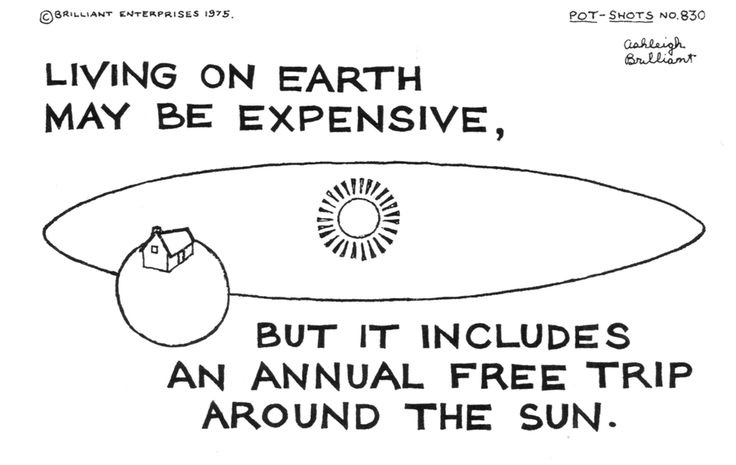Going Back

Most of us these days, by the time we may be considered grown up, have lived in more than one place – sometimes in several different places, even in different countries. In a way, this can give a different meaning to what we call “Home” – despite the once popular notion that there is no place like it. For better or worse, there are now, for many people, many places like home. There used to be a cultural lifestyle recognized as “Nomadic.” But that often meant moving back and forth between the same two places or regions, year after year, usually depending on the season – just as some species of animals and birds migrate between poles and tropics.
Here in California, we are used to the phenomenon we call “Snow Birds” – people who live up north – perhaps as far as Canada and Alaska – but who regularly come down here when the weather decrees a shift. In fact, there are whole desert communities which are practically abandoned during the very hot months but come to life in what we call the winter. One remarkable thing is that such changes, owing to the wide variety of our terrain, from oceanside to high mountain ranges, and broad valleys between, can all happen within our own State. People who become dissatisfied with all the sunshine (and so little rain except for a certain season of the year) often find themselves returning. The hit Jazz Age song made popular by New York entertainer Al Jolson says it best: “California, here I come – right back where I started from.”
The people known ethnically as Gypsies have, over the centuries, become so well known for their migratory lifestyle that their very name is now linguistically synonymous with nomadic characteristics.
Even today in America, and in many other modern countries, the main highways are heavily populated with large and small vehicles designed to be lived in on a more or less extended basis, and the roadsides are dotted with campgrounds and parking areas for what are generically known as “recreational vehicles.”
While there was still a western frontier, most of the movement tended to be in that direction, and the predecessor of the “RV” was the “covered wagon.”
My own part in this concession to wanderlust was to purchase brand-new from the factory what was then called a Sunrader Mini-Motor Home. It was no more than 18 feet long, so it could be accommodated in any regular parking space.
I hasten to assure you that this was some years past – in fact, about half my lifetime ago – when I was much more adventurous than I have since become. Sadly, my wife did not share my enthusiasm for this type of travel – though she would fly to Australia and back at the drop of a plane ticket. So most of my long-distance journeys in this vehicle were made alone.
But it did enable me to visit people who were fans of my work in various parts of the country, and to go back to places where I had lived many years previously. There is something about this kind of returning which can be both rewarding and unsettling. Sometimes you are forced to acknowledge to yourself that the people and places have changed less than you have.
One time, I returned to the neighborhood in Washington, D.C. where I lived for five years during World War II. To outward appearances, it was just about the same as I remembered. There was the building where my family had an upstairs apartment, at 517 Peabody Street. And not far away was Whittier Elementary School, where I stayed long enough to graduate (the only actual graduation ceremony I ever attended – where we sang the Hawaiian song “Farewell to Thee”). And not far in the other direction was my next school, Paul Junior High, where I was only halfway through 8th grade when the War ended and my family had to go back to England.
You may think that there must have been something exciting about living in Washington, D.C. “Our Nation’s Capital.” But I was seldom taken “Downtown,” where all the important government buildings were. And the neighborhood where I grew up was probably not very different from the home territory of most other American kids around that time.
But going back can have a much deeper significance. As one of my epigrams said:
“If I can’t stay on earth forever, I’d at least like to have an occasional return visit.”






